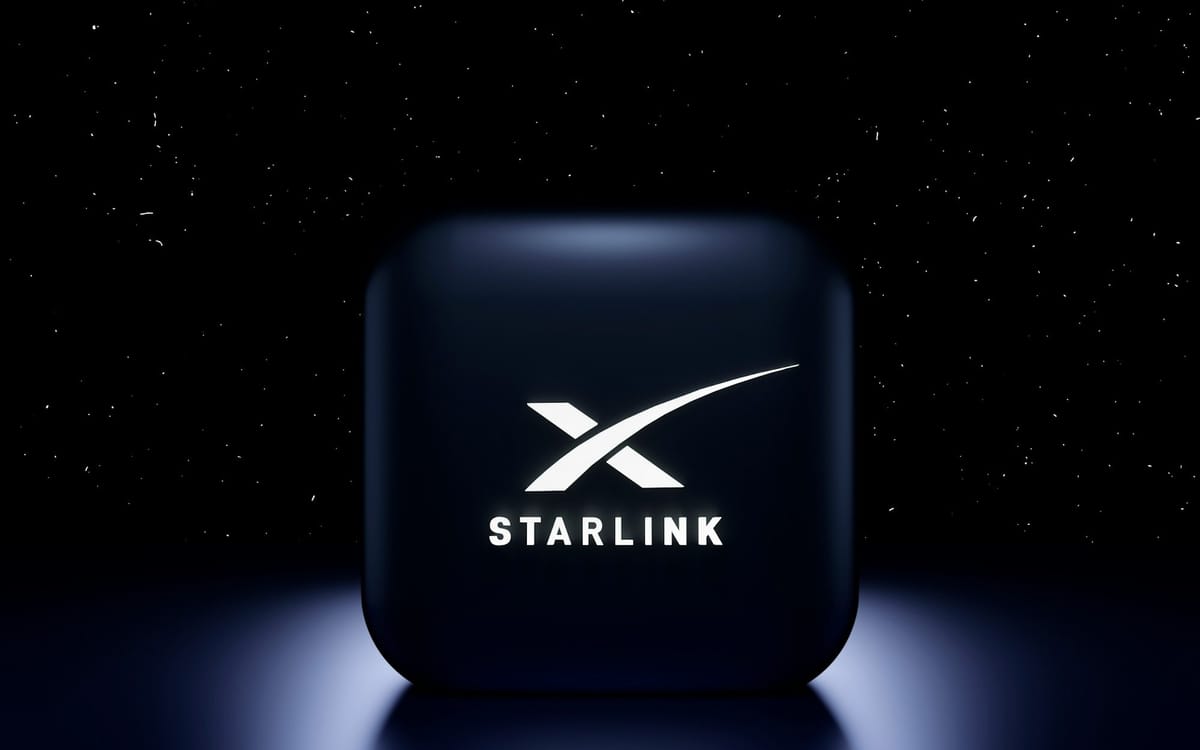Starlink launches in Vietnam in a state-owned enterprise-dominated market
This marks a major shift in the country’s telecom industry, where domestic providers have led the industry.
For years, Vietnam’s internet market has been dominated by state-owned giants, with few challengers to push innovation or expand access to underserved areas. But that’s about to change.
After pushing through regulatory changes, Vietnam has approved Starlink for a five-year pilot program, allowing Elon Musk’s satellite internet service to sign up 600,000 users and operate until January 1, 2031.
This marks a major shift in the country’s telecom industry, where domestic providers like state-owned telecom operator Viettel (56% market share), VNPT (military-run) and FPT (private-owned) have led the industry. According to Statista, Viettel remains the largest player, while VNPT and FPT follow in second and third place, respectively. The addition of Starlink introduces a foreign competitor into a tightly controlled market that state-owned enterprises have historically dominated.
Vietnam’s digital economy is already expanding at a rapid pace. According to Google, Temasek, and Bain & Company’s e-Conomy SEA report, it is estimated to have reached $36 billion in 2024, a 16% increase from the previous year. Projections suggest it could grow up to $45 billion by 2025 and potentially $90 billion to $200 billion by 2030. With 78.8% of Vietnam’s 101.8 million population online, per DataReportal and about 127 million mobile subscriptions, demand for high-speed internet is surging.
Starlink’s entry could help bridge connectivity gaps, especially in remote and underserved areas, while fostering competition that pushes local providers to improve their services.
However, Starlink’s entry into Vietnam isn’t without conditions. While there are no foreign ownership restrictions, ensuring all satellite-generated traffic runs through the country’s domestic network. User data must also be stored locally to comply with Vietnam’s data sovereignty laws, and strict cybersecurity measures must be in place.
If successful, Starlink could shake up Vietnam’s internet market. Current providers offer average speeds of 53.61 Mbps for downloads and 41.17 Mbps for uploads per Broadband Speedchecker—far below Starlink’s advertised speed of up to 250 Mbps.
Starlink, meanwhile, continues its push into Asia. It was recently launched in Pakistan, and Bangladesh is expected to finalize a deal within three months. It is also pushing its way into India. As for Vietnam, approving Starlink is more than just a tech upgrade. It’s a strategic move that could boost internet access, modernize infrastructure, and keep trade ties with the U.S. on solid ground.









